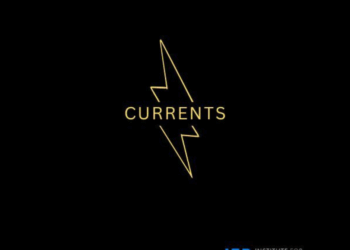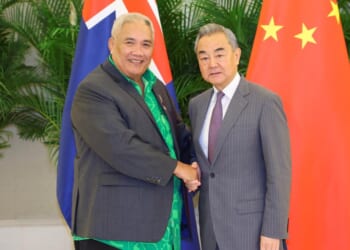Federal Communications Commission (FCC) Chairman Brendan Carr has been in the news a lot lately. Under his energetic leadership, the agency has pursued an ambitious agenda at a breakneck pace. And while he has taken flak (including from me) for some of his high-profile controversies—perhaps most notably threatening Jimmy Kimmel like a second-rate Jersey mob boss—he deserves significant credit for the less flashy efforts his team is taking behind the scenes to restore the agency’s proper role and rein in the prior administration’s excesses. One such effort was last month’s decision to terminate E-Rate funding for Wi-Fi hotspot lending and school bus Wi-Fi access. While the merits of those programs can be debated, they clearly exceeded the statute’s bounds, and the FCC was right to rein them in.
The crux of the controversy involves Section 254 of the Communications Act, which established the Universal Service Fund. Among other priorities, Section 254 authorizes the Commission, through the Fund, to offer discounted telecommunications and information services “for educational purposes” to schools and libraries. It also directs the Commission to enhance access “for all public and nonprofit elementary and secondary school classrooms…and libraries.” The statute’s focus is unmistakably institutional and location-based—support flows to schools and libraries, for classrooms—not to individual students or households. When Congress wished to extend broadband support beyond those limits, it did so explicitly through the temporary Emergency Connectivity Fund created during COVID-19, which authorized off-campus connections for “students and staff … at locations other than the school.” That language does not appear in Section 254.

But encouraged by Chevron, which granted agencies wide latitude when interpreting federal statutes, the Biden administration’s FCC pushed beyond those boundaries. In its 2023 School Bus Wi-Fi declaratory ruling, it deemed Internet service on school buses an “educational purpose,” reasoning that students could use travel time for homework. The new Commission rightly concluded that buses are not “classrooms” or “schools” within the meaning of the law and that Section 254 does not authorize funding for services untethered from school facilities. A year later, the Commission made off-premises Wi-Fi hotspots supplied by schools or libraries eligible for E-Rate reimbursement. That expansion turned the program into a general-purpose broadband subsidy, funding consumer devices and home Internet connections.
Last month, the Commission reversed both decisions, citing the changed legal landscape governing statutory interpretation. As I have discussed before, Loper Bright made clear that courts, not agencies, are to be the final arbiters of statutory meaning, by applying the best reading of the statute rather than merely a reasonable one. By extension, this means agencies have a duty to determine the best reading of a statute as well, to survive judicial review. In this case, the agency explained that “the best reading of Section 254 … does not permit funding of off-premises use of Wi-Fi hotspots and associated wireless Internet services.” Moreover, “the use and provision of such services on school buses does not serve an ‘educational purpose’…and conflicts with the statute’s direction to enhance access to…classrooms.” Services must be provided to eligible locations, not to students or library patrons wherever they happen to be located. Both reversals rest on the same principle: agencies must adhere to Congress’s words, not their own policy preferences.
Adhering to statutory limits is not only a legal necessity—it is a fiscal one. The Universal Service Fund, which finances E-Rate, has no fixed annual appropriation. Instead, by statutory mandate, its size expands to meet “need.” Expanded services mean a higher USF surcharge on monthly consumer phone bills—a surcharge that has already reached the astronomical rate of 38.1 percent. Widening eligibility means taxing Americans to finance programs Congress never approved. Guarding the statutory boundary protects both rule of law and ratepayers.
Of course, ending hotspot and bus Wi-Fi support could leave certain students without connectivity. That concern is understandable, but it cannot justify violating the statute. Through the Emergency Connectivity Fund, Congress has shown that it knows how to address this need. If lawmakers wish to make such support permanent, they can amend Section 254. Until then, the FCC’s duty is to administer the law as written. By repealing the school bus and hotspot expansions, the Carr Commission has restored the E-Rate program to its proper scope: supporting broadband connections for classrooms and libraries. Loper Bright itself was a reaction to the idea that administrative agencies too often act as self-appointed legislatures. The Commission’s course correction is a welcome example of respect for Congress’s design—and for the consumers who ultimately foot the bill.
And that should be worthy of a headline for Chairman Carr.
The post Carr Reins in FCC Overreach on School Wi-Fi appeared first on American Enterprise Institute – AEI.












